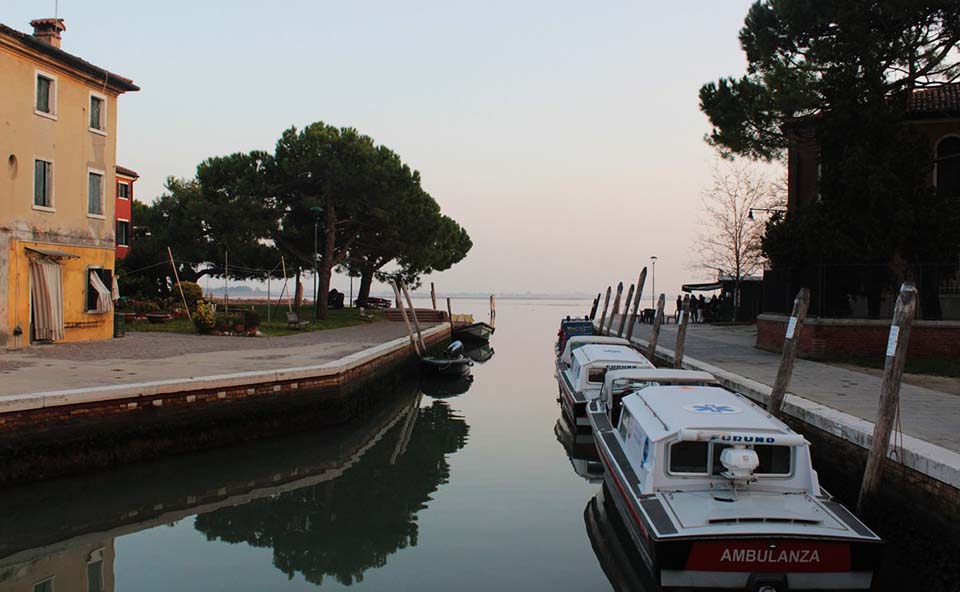ACTeon and several international partners have been awarded funding for a new EU project that will investigate the interaction between all European regulations that affect governance of Europe’s seas and coasts.
Photo of the Adriatic sea.
Credit : Vera Noon
Over time, the EU has developed comprehensive regulations and complex management systems to ensure that Europe’s sea and coastal areas are in good environmental condition. At the same time, there are often other policies that affect the sea – and which do not sufficiently contribute to solving the problems that arise at sea. This applies, for example, to agricultural and fisheries policy, but may also apply to various environmental regulations.
The sum of initiatives and rules has become so complicated and extensive that the EU needs help to streamline it. This is needed to increase clarity and effectiveness and to understand better what needs to be done. This is precisely the ambition of the CrossGov project. CrossGov is part of the EU’s major research and innovation program Horizon Europe.
• CrossGov is the short name for “Coherent and cross-compliant ocean governance for delivering the EU Green Deal for European seas”
• The project will be carried out by a consortium coordinated by NIVA (The Norwegian Institute for Water Research). The other participants are ACTeon (France), the University of Utrecht (Netherlands), the University of Eastern Finland, Sustainable Projects (Germany), the Institute for Advanced Sustainability Studies (Germany) and CNR-ISMAR (Italy).
• The project will start this summer 2022 and end in 2025. It has a budget of approximately 3 million euros.
The project will highlight the effects of governance being divided into several levels, from the international to the local, and the involvement of many different sectors. The project will also develop proposals for solutions together with those involved in policy- and decision-making. In addition to studying the context of the regulations as they appear on paper, the project will go in depth on how they work in practice. A number of case studies are therefore included in the Mediterranean Sea, the North Sea and the Baltic Sea.
The project will contribute with analyses and proposals for measures that can lead to better compliance with the EU’s own goals and international obligations, as defined in the EU’s Green deal.


